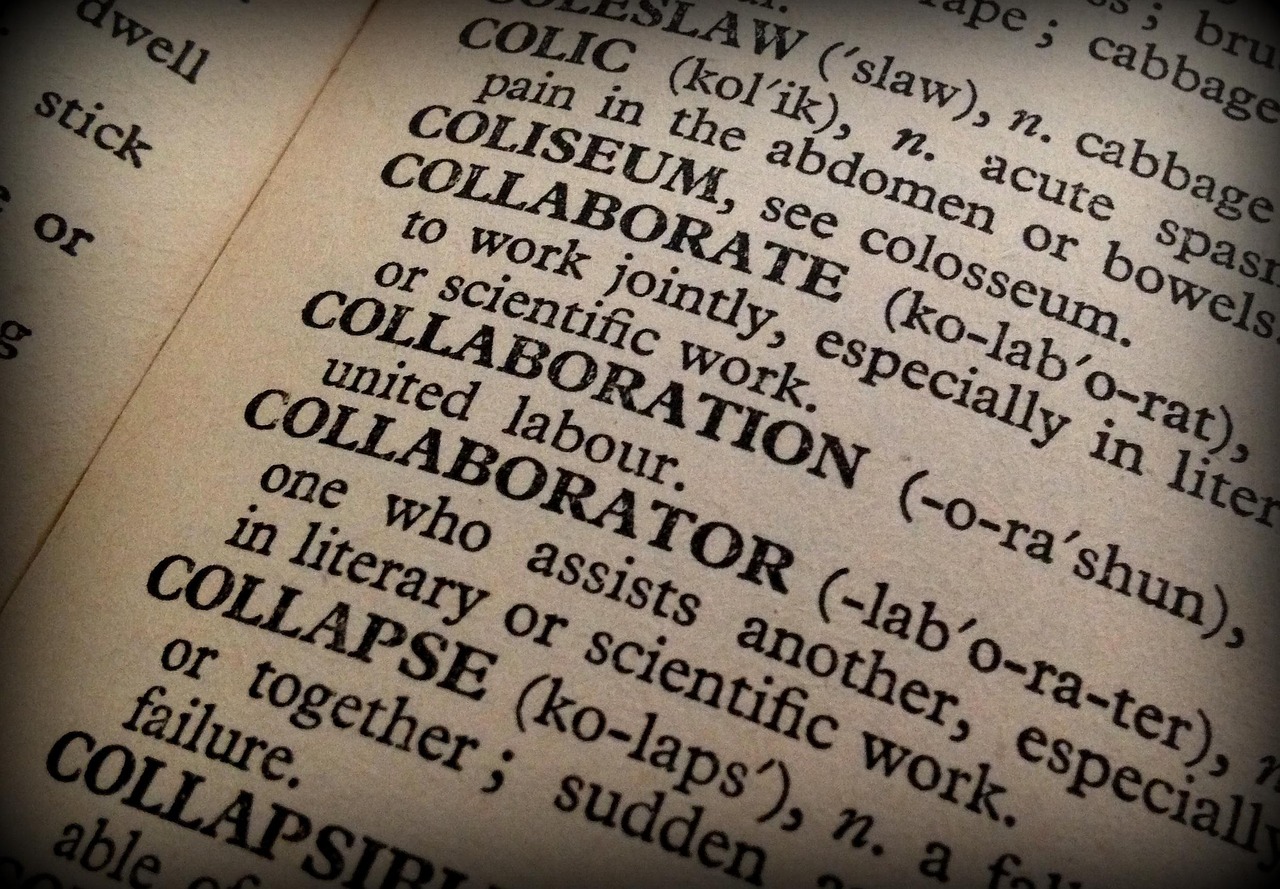
Larna Brooks and Ed Persson, Executive Assistants with the National Preparedness Commission, provide an overview of a Friends of Europe report titled ‘Testing resilience to hybrid threats: a real time case study.’ The report is a collection of findings from a table-top exercise conducted to better understand how the public and private sectors can collaborate further in disaster and hybrid threat preparedness and response.
The Friends of Europe’s Peace, Security and Defence programme looks to understand emerging political environments by assessing ongoing geopolitical changes. In doing so, the programme covers topics such as security, defence, peace and stability across the EU and neighbouring regions, exploring the relationship between increased digitisation, emerging technologies and resilience. Furthermore, the programme investigates the integration of women into peace and security practices, impacts of conflict and the usefulness of peace-building initiatives.
Drawing attention to the urgent need to improve co-operation between the public and private sectors to create readiness and resilience to hybrid challenges, this report gathers expertise from senior officials and experts across NATO, the European Union, local and national authorities, media and business.
This report comes off the back of the second of two table-top exercises, the first in 2019 examined ‘Hybrid warfare readiness’, and latter, ‘Strengthening public-private co-operation in hybrid crises.’ Where the Friends of Europe exercises differ to those previously conducted by NATO and the European Union is that they seek to include the often-missing private sector in their discussions. Their inclusion signals a willingness to cover security, defence, peace and stability topics from a whole-of-society resilience stance point.
The purpose of the exercise was to examine how governments, institutions and the private sector could work together during a combined natural disaster and hybrid threat crisis, testing the state of current public-private co-operation.
As a result of the table-top exercise, the report recommends eight strategies to improve co-operation to deter, detect and defend societies from hybrid attacks. It states that there is an increasing need for public-private exercises and risk assessments at the local, regional, national and international levels to create and build the necessary trust to enable more effective crisis response.
Another necessary factor includes finding the right balance between regulation and incentives. In order to increase awareness and the tools needed to share information, regulation of social-media platforms and implementing incentives to encourage information-sharing exercises are crucial.
Establishing a public-private network of ‘information first responders’ is another critical aim to detect and prevent misinformation. This again will contribute to the trust element. Those responsible do not need to be people working for the government but more importantly civic leaders who are recognised in their communities.
Additionally, both the EU and its member states need to start conducting whole-of-society disinformation damage assessments to ensure the spread of false information is not flooding the information space.
The report suggests that the EU should develop a Rapid Switch capability so that key sector companies are able to switch production to vital supplies including sanitisers, PPE and ventilators when needed, without requiring pre-arranged contracts, avoiding corruption and cronyism. Flexibility within regulation will shorten the wait time for vital supplies to reach end users, reduce dependence on a siloed group of established producers and reliance on external imports of such goods.
Another recommendation in the report is to optimise the EU’s physical and digital border management system with Frontex and explore how it can be optimised to prevent conflicting national border measures during crises.
The report highlights the importance of establishing an EU Rapid Response Network based on trusted suppliers of EU certified companies. Finally, the last suggestion would be to give Europol a mandate to assess and report annually on the link between organised crime and resilience within the EU.
The above recommendations are based on the main findings and key themes identified during the exercise. These are provided in further detail in the report which can be accessed here.
